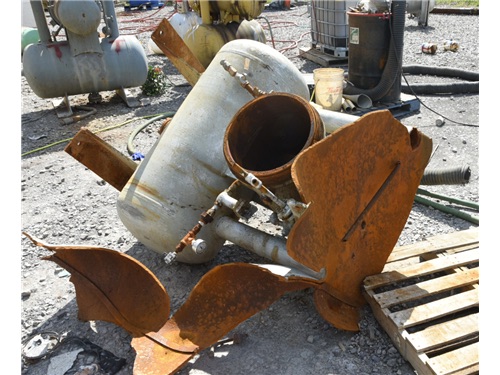In its final report about the fatal explosions at Midland Resource Recovery, the Chemical Safety Board (CSB) said training in reactive chemical hazards is lacking and that companies need better safety procedures when using them. The federal agency issued its final report on the Midland explosions in December.
Located in Philippi, WV, Midland provides gas odorization products and services. Because natural gas and liquid propane are odorless, odorants -foul-smelling chemicals called mercaptans, are added to them to function as a warning of a leak. One of the services Midland provides is the removal of odorants from decommissioned tanks so the steel can be scrapped. This process involves filling the tank with a solution of diluted sodium hypochlorite, or bleach, and sealing it, then opening the tank and draining the process water.
On the morning of May 24, 2017, three men were working on a tank. When they opened it to drain the process water, an explosion occurred killing two of them and injuring the third. Midland President Jan Strmen, 72, of Canada and Justin Marsh, 19, originally of Clarksburg, later of Philippi were killed in the blast. The name of the injured employee was not released.
On June 20, 2017, a contract worker, who was hired to investigate the accident and drain the remaining tanks on-site was killed in an explosion after one of them was unsealed.
Related
Midland Resources Recovery Explosion Kills 2, Injures 1
Second Fatal Explosion at Midland Resources Recovery
CSB Probes Midland Resource Recovery Explosions
In its final report on the explosions, the CSB stated that although federal law did not require Midland to have “a comprehensive safety management system to identify and control hazards from reactive chemicals,” the lack of one resulted in two fatal explosions.
The CSB stated that because there is no way to know exactly what chemicals are present in these tanks, using sodium hypochlorite can be very dangerous. When it reacts with methanol, for example, it forms methyl hypochlorite, which is highly explosive. “MRR’s equipment deodorizing process created the possibility that each treated odorizer was essentially a bomb.” the report stated.

The explosion attorneys at Pritzker Hageman represent families whose loved ones have died and people who have been injured. Contact them for a free consultation. There is no obligation.